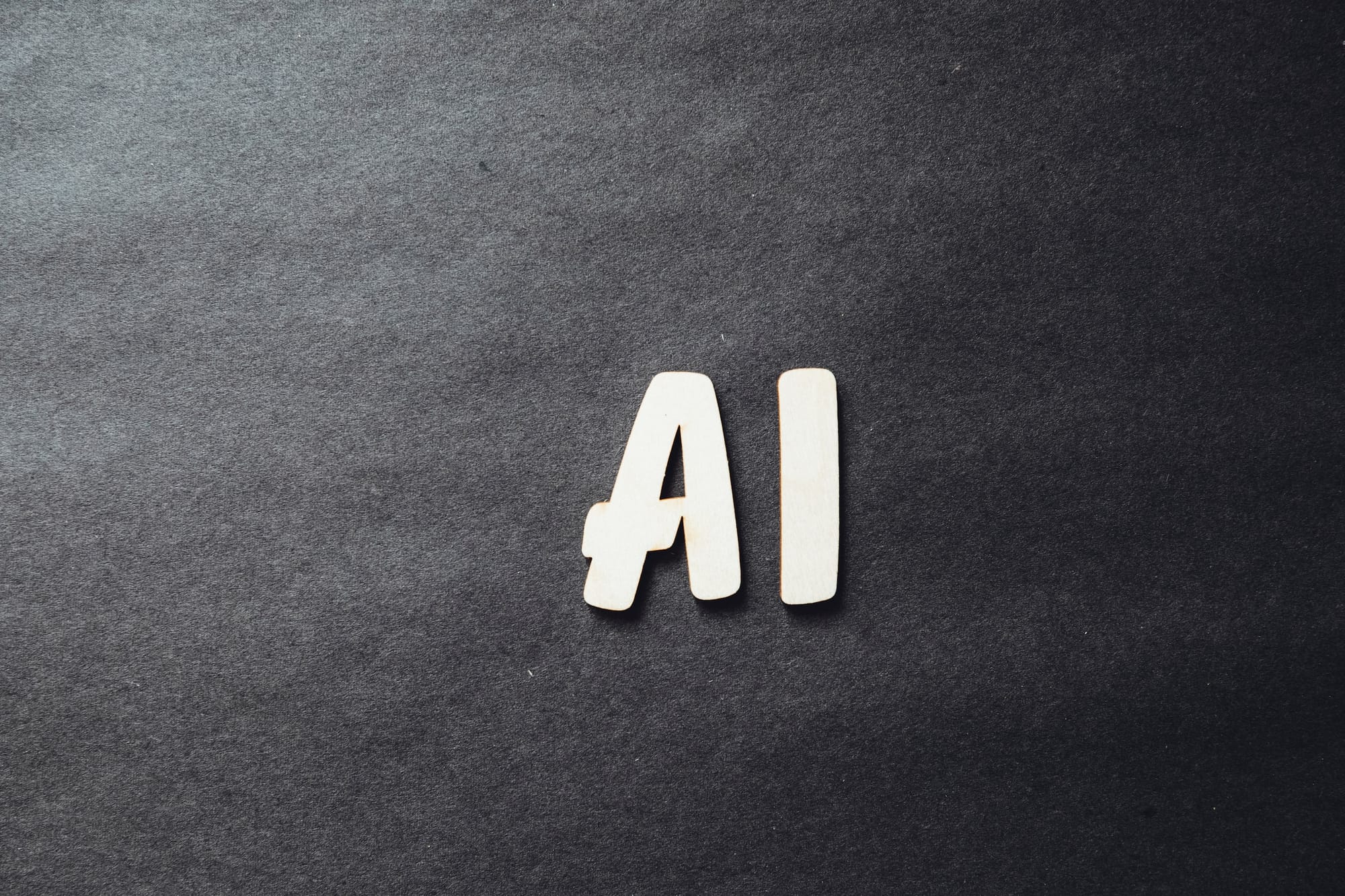استخدام الذكاء الاصطناعي في تطوير مناهج التعلم الإبداعي بروضة الجوري

Introduction
In recent years, the integration of Artificial Intelligence (AI) into educational systems has emerged as a paramount trend influencing teaching methodologies and curriculum design. Specifically, in early childhood education, AI has begun to play a crucial role in sculpting environments that foster creativity and individualized learning paths. This article explores the implementation of AI technologies in developing the creative learning curriculum at "Roudat Al Jori kindergarten". The study underscores the potential of AI in enhancing educational outcomes and nurturing creativity among preschoolers.
Methodology
The research methodology employed in this study consists of a mixed-methods approach that combines qualitative and quantitative data collection techniques. Initially, a pilot program incorporating AI-driven tools and applications was introduced in "Roudat Al Jori kindergarten". Observational data, teacher reports, and standardized testing were utilized to assess the impact of AI on student engagement and creativity. Additionally, interviews with educators were conducted to gather insights on the practicalities of integrating AI into their teaching processes. The span of the study was over an academic year, allowing for the evaluation of both immediate and long-term outcomes associated with the use of AI in creative learning curriculums.
Results
The results demonstrated a significant positive impact of AI on fostering creativity and engagement in young learners. Key findings include:
- Enhanced individual learning experiences: AI tools facilitated personalized learning experiences which catered to the distinct developmental needs of each child.
- Improved engagement: Interactive AI applications significantly increased children's engagement levels by providing stimulating content that captured their interest and imagination.
- Increased creativity: AI-driven programs that encouraged problem-solving, exploration, and artistic expression led to observable enhancements in children’s creativity.
- Positive feedback from educators: Teachers reported that AI tools were instrumental in creating more dynamic and inclusive learning environments.
Discussion
The findings from "Roudat Al Jori kindergarten" suggest that AI has a considerable promise in revolutionizing early childhood education by facilitating creative learning methodologies that are both engaging and tailored to individual needs. However, several challenges were identified, such as the need for continuous training for teachers to effectively integrate and utilize AI tools and concerns regarding over-reliance on technology. Going forward, it is recommended that:
- Educational institutions should provide ongoing professional development and support for educators to keep pace with technological advancements.
- Further research should be conducted to explore long-term effects of AI integration in early childhood education.
- A balanced approach should be maintained between traditional teaching methods and new AI-driven techniques to ensure holistic development of children.
In conclusion, the utilization of AI in early childhood education settings like "Roudat Al Jori kindergarten" can significantly contribute to the development of creative curriculums that are engaging and customized to meet the developmental needs of young learners. With careful implementation and sustained support for educators, AI can enhance the educational landscape profoundly, particularly in facilitating creative and innovative learning environments.


